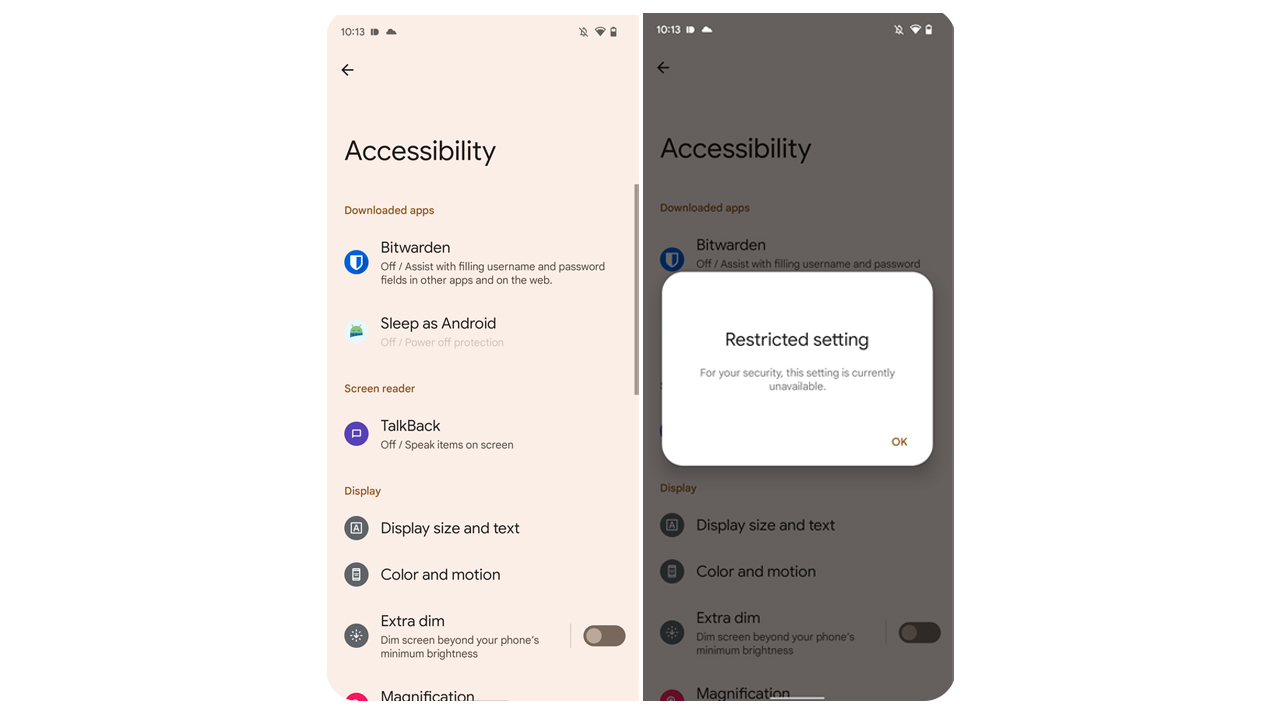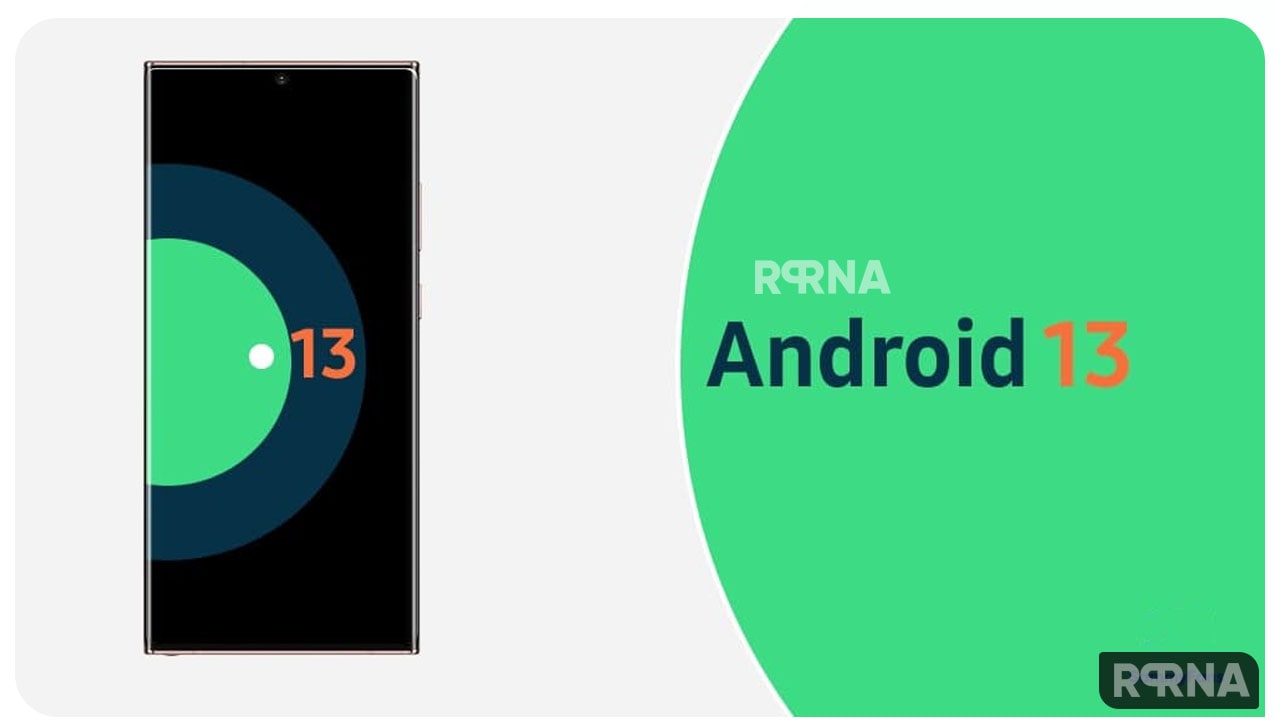Google’s next major mobile operating system – Android 13 is now the hottest topic of discussion among consumers. So far, Google has released two developer previews and a beta version. New information reveals that with Android 13, Google is taking one step further by applying heavy restricting API access for apps sideloading from outside of an app store.
Android’s accessibility services are very powerful that are used by other apps to enable compelling features. However, accessibility services are an easier way for malware to enter the device. Therefore, Android 13 introduces a new restriction for sideloaded apps to prevent the users from allowing the right to use accessibility services.
Further, Android 13 makes it much more difficult for apps sideloading to gain access to prevent unauthorized access. Because the malware attacks are carried out by tricking users into installing an APK from outside an app store.

However, Google is not fully banning the sideloaded apps from using accessibility services. Once you’ve run into the dialog saying that accessibility services are restricted, you can activate access under the app info screen in the top right corner via the “allow restricted settings” menu entry, so if you’re a power user interested in augmenting your phone with a legitimate app, you can still do that.
Also, there is a possibility that Google will change its plan before releasing the stable Android 13. Notably, Google is only restricting sideloaded apps. If you use an alternative app distribution platform like F-Droid or the Amazon app store, you won’t run into accessibility services restrictions.
In general, Google is strongly preventing the use of accessibility services. Among them, the third-party call recording apps are the latest to feel these restrictions.
(Via)










